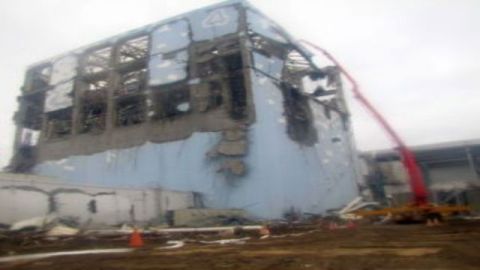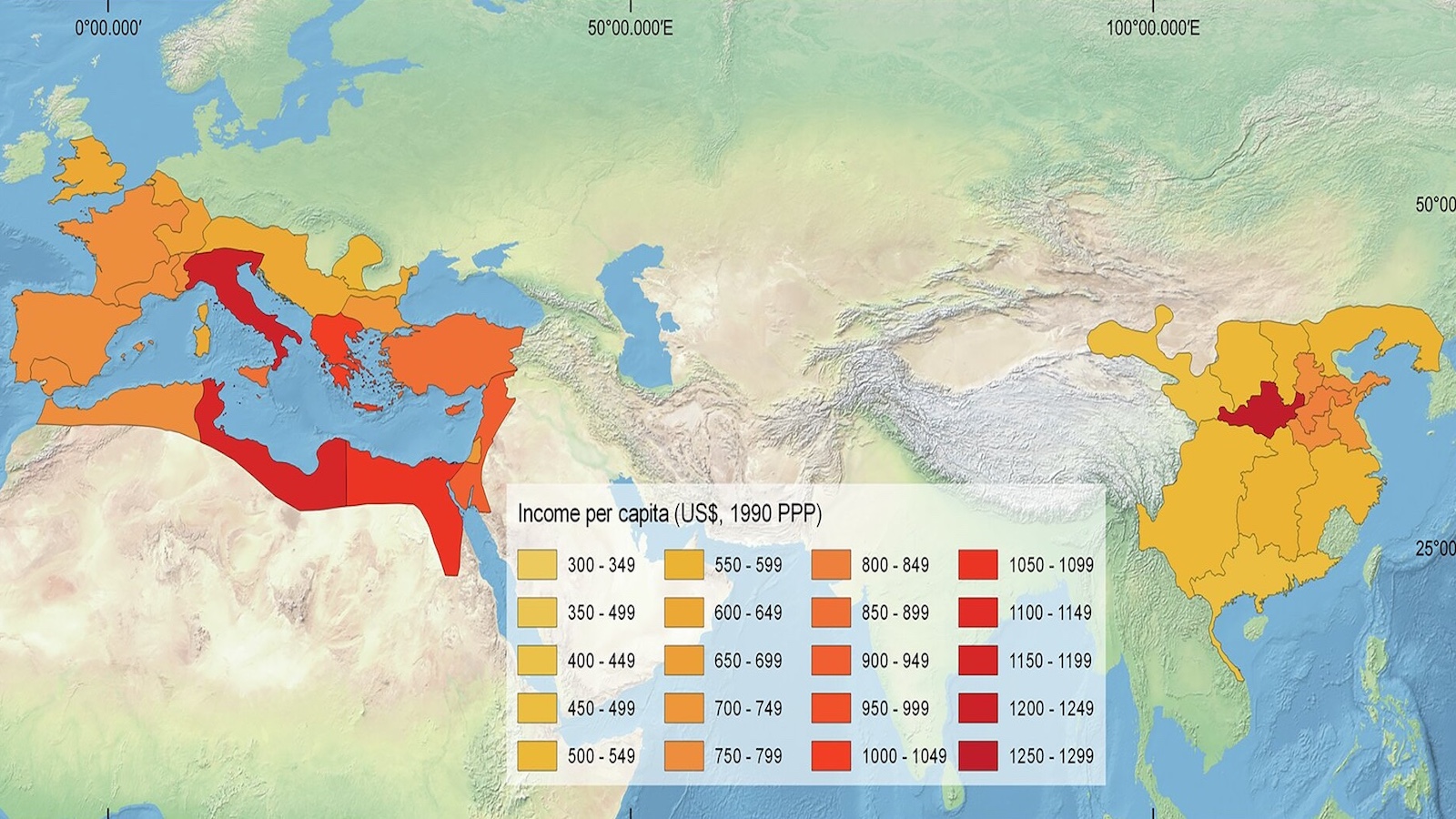The Japanese Government and Nuclear Power. A Meltdown of Trust

The Fukushima nuclear disaster has offered the world a lot of important lessons. We can only hope that one of the most important…a lesson that’s staring us all in the face…will be taken to heart by the culture of government officials, and business people, and scientists and engineers, who regulate and run today’s nuclear energy systems, worldwide. The lesson is this; Destroying trust by failing to respect people’s deep concerns about nuclear radiation is likely to do far more damage – both to the viability of nuclear technology and directly to public health – than the core meltdowns and radiation releases themselves.
The Japanese government has just announced that regulatory oversight of the nuclear power industry will be taken away from the Ministry of the Economy, Trade and Industry (METI), and put under the Environment Ministry, in an effort to establish independence and restore public trust. But given how the Japanese government has handled Fukushima from the very beginning, and how it has handled other nuclear mishaps in the past, it will take more profound change than a government reorganization to convince a deeply mistrustful public that this is anything more than window-dressing on a culture that will continue to do things as it always has.
Consider its performance regarding Fukushima;
— The Japanese government had clearly failed to prepare in their emergency response planning for the highly emotional nature of the public’s response to nuclear radiation. That casued a lack of coordination between the government and TEPCO for the first few critical days, and that resulted in slow, unclear, and inaccurate information to the public at a time of great fear. At a time when the Japanese people badly needed to know that the government was in control and keeping them safe, this lack of planning and poor communication fed public apprehension, and immediately began to erode trust in the institutions the public was looking to for competence and protection.
— Even more importantly, the relationship between the Japanese nuclear power industry and the government regulators in charge of policing that industry was far too cozy, to the point that the regulators appeared in many cases to be deferential to the industry, rather than rigorous and independent and committed to public safety first and the industry second. Consider that METI, which was officially in charge of policing the industry, was also officially charged with promoting the use of nuclear power and helping sell Japanese nuclear technology overseas. (This sort of conflict of interest is rampant in all sorts of regulatory agencies in governments around the world.)
— As events progressed, the damage to public trust got worse. False information was offered about food contamination or wind direction or radiation levels, and in some cases information was withheld, in an apparently purposeful effort to calm people down. Since the very beginnings of the practice of risk communication (around nuclear power and chemical issues 50 years ago), the evidence has consistently shown that dishonesty, and secrecy, and trying to make people feel the way the communicator wants them to feel, are counterproductive mistakes if you are trying to respect people’s feelings and establish trust as a way of increasing the influence you want to have.
The stunning thing is, there was plenty of evidence out there to warn the Japanese. It was apparently ignored. Three Mile Island and Chernobyl (and other smaller nuclear mishaps around the world and in Japan itself) had clearly taught all these lessons.
— After terribly confusing communications to citizens near Three Mile Island about whether to evacuate – because of a lack of planning and coordination – a senior Nuclear Regulatory Commission official said, “What we had done to these people was just outrageous. We had frightened them so bad, they thought they were going to die.” That fear produced stress and probably contributed to all sorts of negative health effects. It certainly contributed to public mistrust of nuclear power, and of the government’s competence to safely regulate it.
— Chernobyl was even worse, and not because it released so much radiation. A 20-year review by the UN’s Chernobyl Forum blamed unclear and downright dishonest communication for creating the greatest harm from the entire disaster. “The mental health impact of Chernobyl is the largest public health problem unleashed by the accident to date”, the report said.
The track record is clear, and succinctly stated in The International Atomic Energy Agency’s (IAEA) Manual for First Responders to a Radiological Emergency, “All serious nuclear and radiological emergencies have resulted in the public taking some actions that were inappropriate or unwarranted, and resulted in significant adverse psychological and economic effects. These have been the most severe consequences of many radiological emergencies. These effects have…resulted primarily because the public was not provided with understandable and consistent information from official sources.”
It’s hard to imagine that that document was read by the Japanese, a dues paying member of the IAEA, or that its message, and the lessons of Three Mile Island and Chernobyl, were taken to heart. Instead, once again, there was confusing information because of lack of pre-event planning and coordination, misleading or withheld or purposefully false information intended to manipulate public emotions. And there was certainly too close a relationship between the regulator and the regulated. These are all reflections of an underlying culture that remains too prevalent in many parts of the nuclear field, and not just in Japan. It is a culture of scientists and engineers, of bureaucrats and politicians, of lawyers and business people and public relations people, that does not pay enough honest respect to the powerful emotions nuclear radiation can evoke, and that somehow continues to ignore…at its peril…the importance of honesty and openness and trust and respect for people’s fears to the health of the nuclear industry and the effectiveness of government in managing the risks that come along with that industry’s enormous benefits.
The Japanese government and nuclear industry are once again proving how easy it easy to destroy trust and how hard it is to rebuild it. This government reorganization is a good first step. But it will only be as effective as it is honest. And that honesty begins not with just putting some different bureaucracy in charge, but down at the foundations, with a sincere respect for the importance of public feelings and for the uniquely powerful fears that nuclear radiation can evoke, and a sincere commitment to demonstrating that respect in everything the government and industry do going forward.





